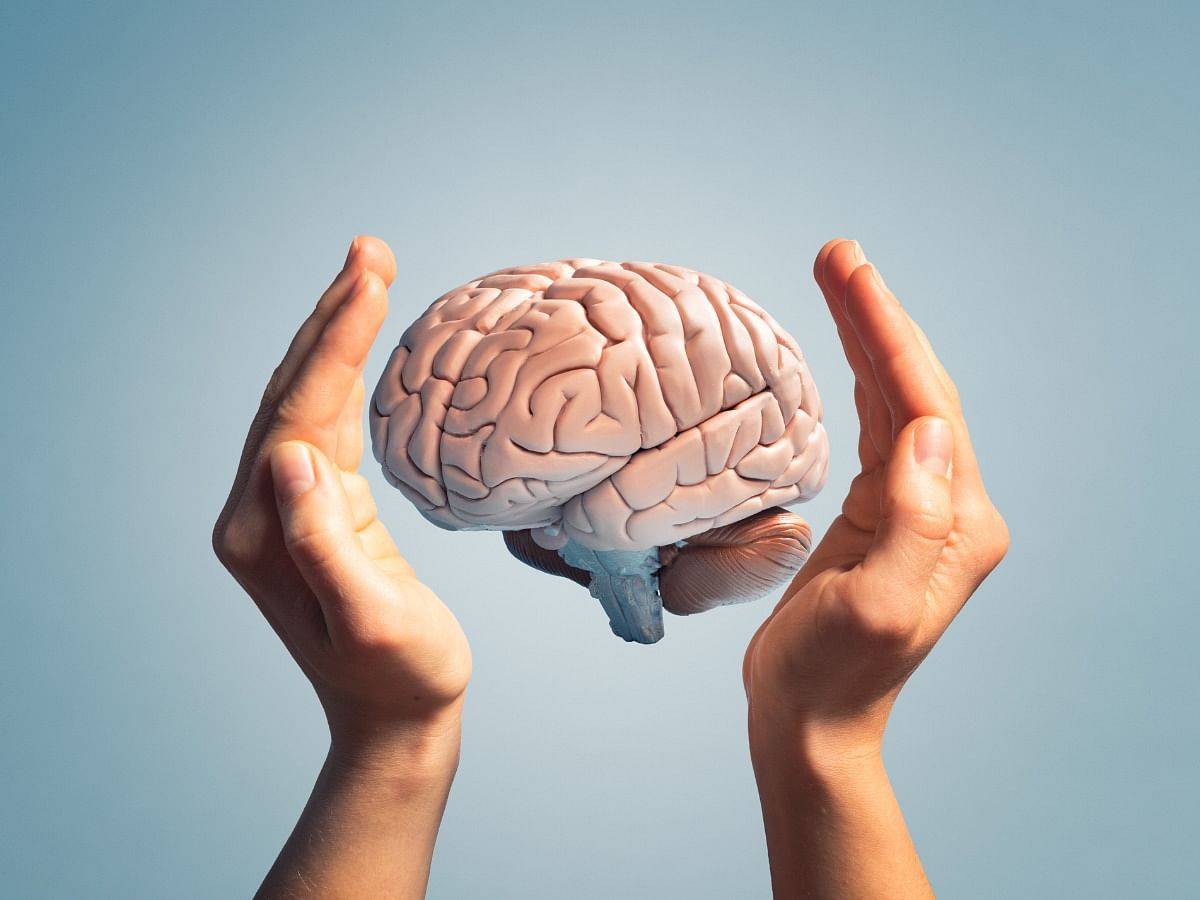Take Care of Your Brain:
Tips for a Healthier Mind
Your brain is arguably the most important organ in your body. It controls your thoughts, movements, and emotions, making it essential for nearly every aspect of your life. Taking care of your brain not only helps you perform better in daily tasks but also protects you from age-related cognitive decline and mental health issues. Here are several practical ways to keep your brain healthy and thriving.
1. Eat a Brain-Boosting Diet
What you eat has a direct impact on your brain health. Studies show that diets high in healthy fats, antioxidants, and vitamins contribute to brain health, while diets high in processed foods and sugars can have the opposite effect. Some key nutrients for brain health include:
Omega-3 fatty acids: Found in fatty fish like salmon, nuts, and flaxseeds, omega-3s help build cell membranes in the brain and may reduce inflammation.
Antioxidants: Foods like berries, dark chocolate, and leafy greens are packed with antioxidants, which help reduce oxidative stress that can damage brain cells.
Vitamins and minerals: Especially important are B vitamins, which support energy production and mental clarity, and vitamin E, which has been linked to cognitive health.
2. Stay Physically Active
Physical activity is beneficial not only for your body but also for your brain. Exercise increases blood flow, which delivers oxygen and essential nutrients to the brain, promoting the growth of new cells. Regular aerobic exercise, such as walking, running, or cycling, has been linked to improved memory and reduced risk of cognitive decline. Additionally, physical activity can improve your mood by releasing endorphins, which help combat stress and anxiety.
3. Prioritize Quality Sleep
Sleep is when your brain does some of its most important work. During deep sleep, your brain clears out toxins that build up throughout the day, consolidates memories, and recharges for the next day. Poor sleep is associated with memory issues, difficulty concentrating, and even an increased risk of Alzheimer’s disease. Aim for 7-9 hours of sleep per night, and try to go to bed and wake up at the same time each day to support a healthy sleep cycle.
4. Engage in Mental Stimulation
Just as your body needs exercise, so does your brain. Activities that challenge your brain can keep it sharp and potentially slow age-related cognitive decline. Engaging in hobbies, puzzles, reading, or learning a new skill, such as a language or instrument, provides mental stimulation that strengthens neural connections. Many experts believe that regularly challenging your mind may help build cognitive reserve, making it more resilient to the effects of aging.
5. Manage Stress Effectively
Chronic stress can be damaging to your brain, leading to impaired memory and increased anxiety. Stress causes the release of cortisol, a hormone that, in high amounts, can interfere with memory and reduce brain volume. Practicing mindfulness, deep breathing, meditation, and spending time with loved ones are all effective ways to reduce stress levels. Exercise and engaging in activities you enjoy can also improve your ability to manage stress and, in turn, protect your brain.
6. Maintain Strong Social Connections
Social interactions have a powerful impact on brain health. Maintaining strong relationships with family, friends, or community groups can help improve mood, reduce stress, and even enhance cognitive function. Studies have shown that socially active people have a lower risk of dementia and age-related cognitive decline. So, make it a priority to spend time with people you care about, engage in group activities, and build a supportive social network.
7. Avoid Harmful Habits
Certain habits can be detrimental to brain health. Excessive alcohol consumption, smoking, and recreational drug use can impair cognitive function and increase the risk of mental health disorders. Reducing or eliminating these habits can protect your brain from the harmful effects of toxins and improve overall cognitive health.
8. Keep Your Heart Healthy
Heart health and brain health are closely linked. Poor heart health can lead to reduced blood flow to the brain, potentially increasing the risk of dementia and other cognitive issues. To support both your heart and brain, monitor your blood pressure, cholesterol levels, and blood sugar. Eating a healthy diet, staying active, and managing stress all contribute to good cardiovascular health, which in turn supports brain health.
Taking care of your brain doesn’t have to be complicated. By making small, consistent changes to your diet, lifestyle, and daily routines, you can significantly improve your brain health and enhance your quality of life. As you prioritize mental wellness, you’ll likely notice improvements in your mood, memory, and overall sense of well-being. Remember, your brain is one of your most valuable assets—treat it with the care and respect it deserves.
Thanks for reading 📚
MOÃSE




No comments yet
Be the first to share your thoughts!